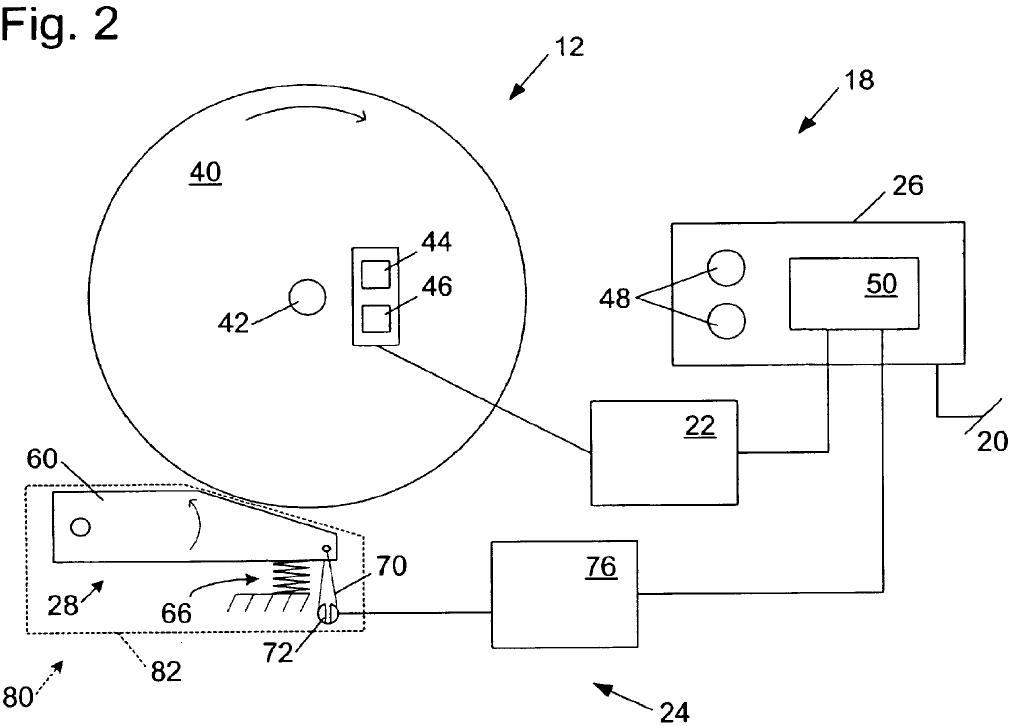Republican U.S. Senate candidate Rand Paul of Kentucky has been criticized for saying the poor in the U.S. are better off than the poor elsewhere. Like Ed Driscoll, I doubt anyone seriously contests Paul’s conclusion. But Paul’s justification, supported by Soviet-era propaganda films, has caused skepticism:
The libertarian-leaning Paul addressed the issue of poverty by alluding to a decades-old, anti-American propaganda film by the Soviet government designed to criticize the free-market system.
“They filmed a building in the poorer section of New York with some broken windows and they said, `Oh, this is how the poor in America lives,”‘ Paul said at last week’s forum. “But it backfired on them because the Soviet citizens looked at that video closely and they saw flickering color television sets in all those windows.”
Paul’s “anecdotal tale” reminded me immediately of the experience of Viktor Belenko, as told in John Barron’s MIG Pilot: The Final Escape of Lt. Belenko. Belenko became disillusioned with the Soviet system and in 1975 he flew his MIG-25 to Japan to defect. Belenko described how he became suspicious about anti-American propaganda [p. 67]:
To dramatize the poverty, hunger, and unemployment of America, the political officers showed films taken in the 1930s of Depression breadlines, current Soviet television films of New York slums and of workers eating sandwiches or hot dogs and drinking Coca Cola for lunch. The narrative, explaining that a sandwich or hot dog was all the American could afford for “dinner,” struck Belenko because in the Soviet Union the noon meal is the main one of the day.
‘If they are starving and can’t find jobs and prefer communism, why don’t they come over here? We need workers, millions of them, especially in Siberia, and we could guarantee them all the bread they need and milk, too. But wait a minute, Who owns all those cars I see?
Belenko’s story is one of an honest, scrupulous observer spotting the contradictions and flaws in communist propaganda, culminating in his decision to find out the truth for himself and defect to the U.S. His rebellion against communism and the outsider’s perspective Belenko brings to life in the U.S. make MIG Pilot worth reading.

